Revision of war crimes warrants announced
Justice Ministry State Secretary Slobodan Homen announced that all arrest warrants, which Serbia has issued for those suspected of war crimes, will be revised.
Monday, 21.03.2011.
14:17

Justice Ministry State Secretary Slobodan Homen announced that all arrest warrants, which Serbia has issued for those suspected of war crimes, will be revised. The revision would be realized on the basis of the report compiled by the Serbian War Crimes Prosecutor's Office, which is due to screen all the evidence against the suspects collected by former military courts, Homen said at the Tanjug roundtable on Interpol warrants, evidence and protected witnesses. Revision of war crimes warrants announced According to him, the evidence and war crimes warrants need to be reviewed for the sake of the country's credibility, and in an effort to make perpetrators face justice. The legacy of Yugoslav wars triggers violent political responses and public protests both in Serbia and in neighboring countries, and therefore it is important to conduct these proceedings on the grounds of veritable evidence and ascertain whether there is an individual culpability. He recalled that during the war the confessions were sometimes obtained in camps, even before cameras, and that these testimonies have to be checked. The War Crimes Prosecutor's Office is acting in line with the evidence collected by military courts, Homen noted, stressing that certain arrests are not Serbia's attempt at revenge,. He underlined that the Justice Ministry decided to call off all regional warrants, adding that from now on, depending on the crime and location of the suspect, the warrants will be valid in all European countries and the world. Slobodan Homen (Beta, file) Only Serbian citizens Director of NGO Humanitarian Law Center Natasa Kandic stated on Monday that the Serbian War Crimes Prosecutor's Office should renounce prosecution of foreign citizens and focus on Serbian citizens charged with war crimes. During a roundtable discussion on Interpol warrants, evidence and protected witnesses hosted by Tanjug news agency, Kandic said that criminal prosecution of foreign citizens suspected of war crimes in Serbia inevitably entails political dimensions. “The region is under the impression that the (Serbian) Prosecutor's Office is trying to prosecute suspects for war crimes committed in entire territory of former Yugoslavia, just like Milosevic had,” Kandic said and reminded that Croatia has also been the target of many international human rights organisations over the years due to the fact that its War Crime Prosecutor's Office tends to prosecute Serbs more than Croatian citizens. “I believe that the Serbian War Crimes Prosecutor's Office has to focus on its main task, that is raising charges against citizens of our country and gathering available evidence in cases where victims are Serbs, and to keep reminding Prosecutor's Offices of other countries that it has sound proof and that these countries need to prosecute their own citizens,” Kandic said. According to her, cases that entail notable political dimensions, such as the case of member of the Bosnia-Herzegovina war presidency Ejup Ganic can be solved only by national judiciaries of the states whose citizenship the suspects hold, in this case the Bosnia judiciary, and Serbia should assist them in the process. When it comes to the revision of proceedings against war crimes suspects launched by former military courts in Serbia, Kandic said that Serbia and its judiciary have suffered considerable damage because the proceedings were never completed, which made it possible for people to be arrested on warrants abroad although there was no strong evidence against them. “The public has to be aware that no statements made during imprisonment could be used as valid proof and that the Prosecutor's Office cannot file a request for a warrant to be issued on grounds of a statement someone made while they were being tortured,” Kandic said. Natasa Kandic (FoNet, file)
Revision of war crimes warrants announced
According to him, the evidence and war crimes warrants need to be reviewed for the sake of the country's credibility, and in an effort to make perpetrators face justice.The legacy of Yugoslav wars triggers violent political responses and public protests both in Serbia and in neighboring countries, and therefore it is important to conduct these proceedings on the grounds of veritable evidence and ascertain whether there is an individual culpability.
He recalled that during the war the confessions were sometimes obtained in camps, even before cameras, and that these testimonies have to be checked.
The War Crimes Prosecutor's Office is acting in line with the evidence collected by military courts, Homen noted, stressing that certain arrests are not Serbia's attempt at revenge,.
He underlined that the Justice Ministry decided to call off all regional warrants, adding that from now on, depending on the crime and location of the suspect, the warrants will be valid in all European countries and the world.
Only Serbian citizens

During a roundtable discussion on Interpol warrants, evidence and protected witnesses hosted by Tanjug news agency, Kandić said that criminal prosecution of foreign citizens suspected of war crimes in Serbia inevitably entails political dimensions.
“The region is under the impression that the (Serbian) Prosecutor's Office is trying to prosecute suspects for war crimes committed in entire territory of former Yugoslavia, just like Milosevic had,” Kandić said and reminded that Croatia has also been the target of many international human rights organisations over the years due to the fact that its War Crime Prosecutor's Office tends to prosecute Serbs more than Croatian citizens.
“I believe that the Serbian War Crimes Prosecutor's Office has to focus on its main task, that is raising charges against citizens of our country and gathering available evidence in cases where victims are Serbs, and to keep reminding Prosecutor's Offices of other countries that it has sound proof and that these countries need to prosecute their own citizens,” Kandić said.
According to her, cases that entail notable political dimensions, such as the case of member of the Bosnia-Herzegovina war presidency Ejup Ganić can be solved only by national judiciaries of the states whose citizenship the suspects hold, in this case the Bosnia judiciary, and Serbia should assist them in the process.
When it comes to the revision of proceedings against war crimes suspects launched by former military courts in Serbia, Kandić said that Serbia and its judiciary have suffered considerable damage because the proceedings were never completed, which made it possible for people to be arrested on warrants abroad although there was no strong evidence against them.
“The public has to be aware that no statements made during imprisonment could be used as valid proof and that the Prosecutor's Office cannot file a request for a warrant to be issued on grounds of a statement someone made while they were being tortured,” Kandić said.










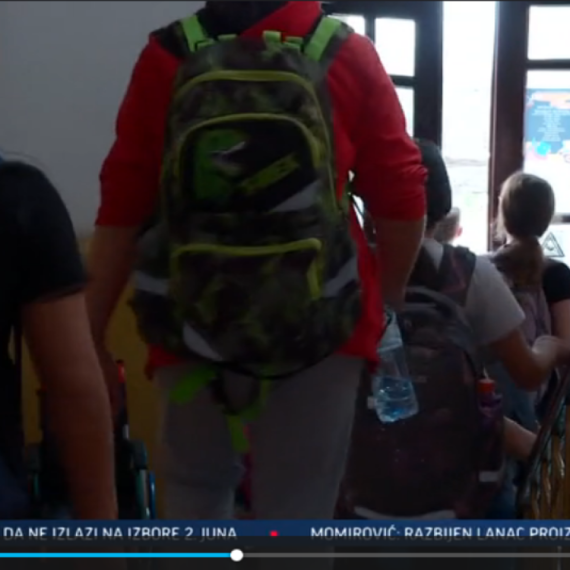
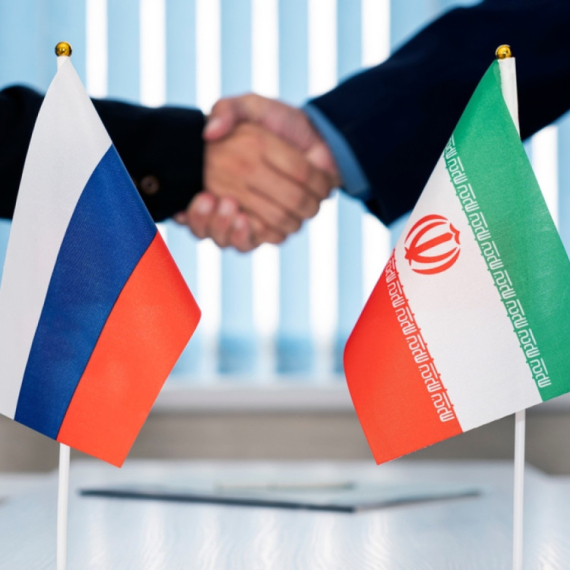
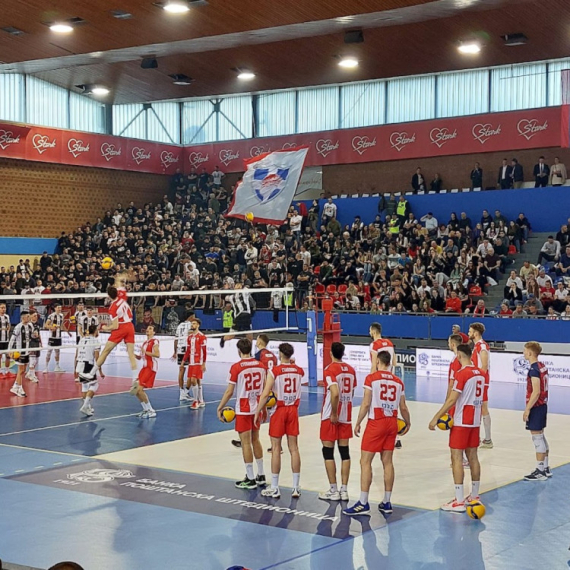


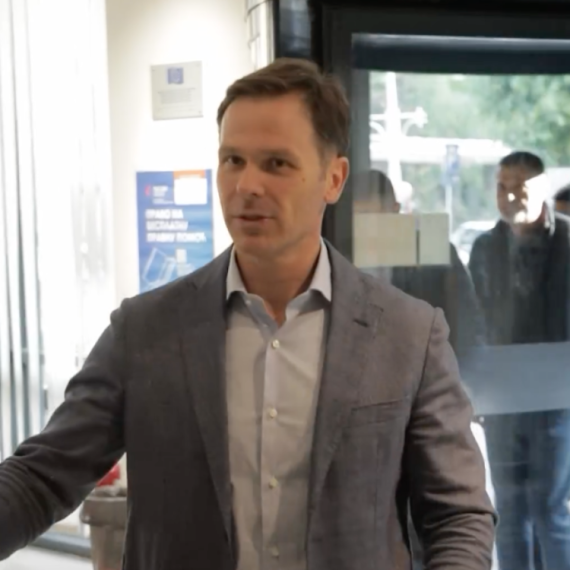
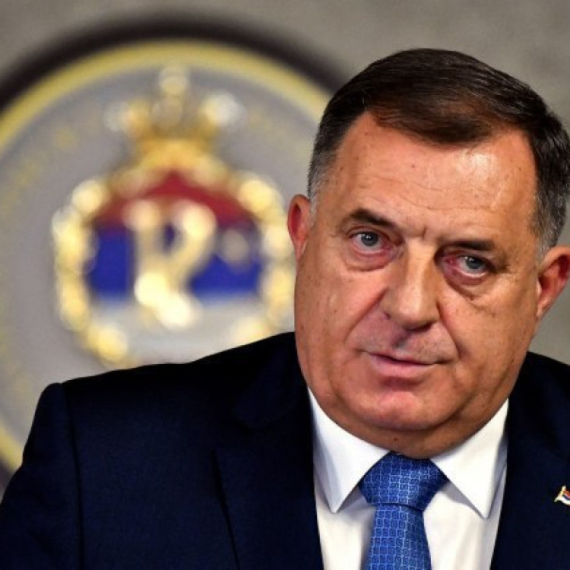

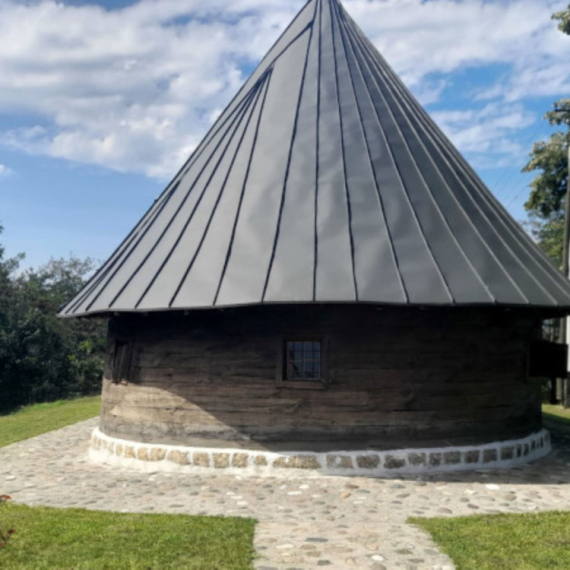


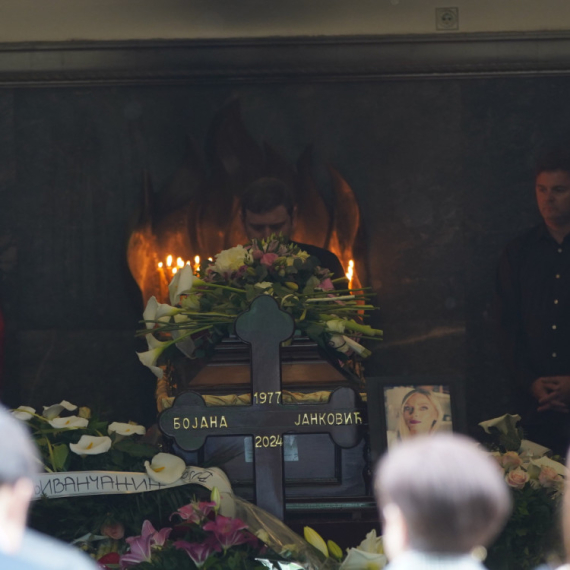
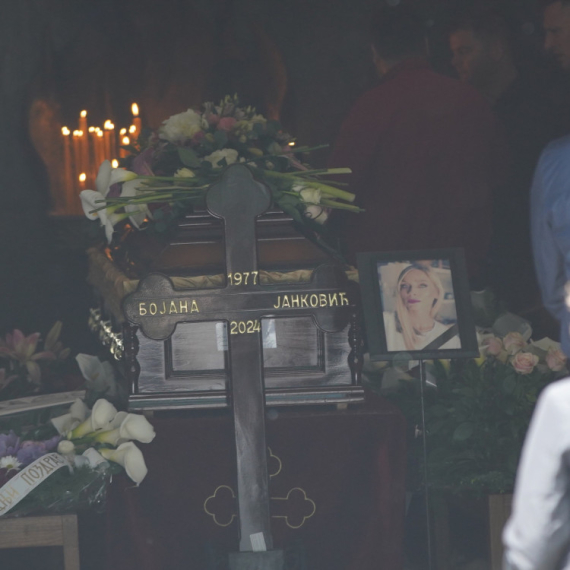




































Komentari 3
Pogledaj komentare